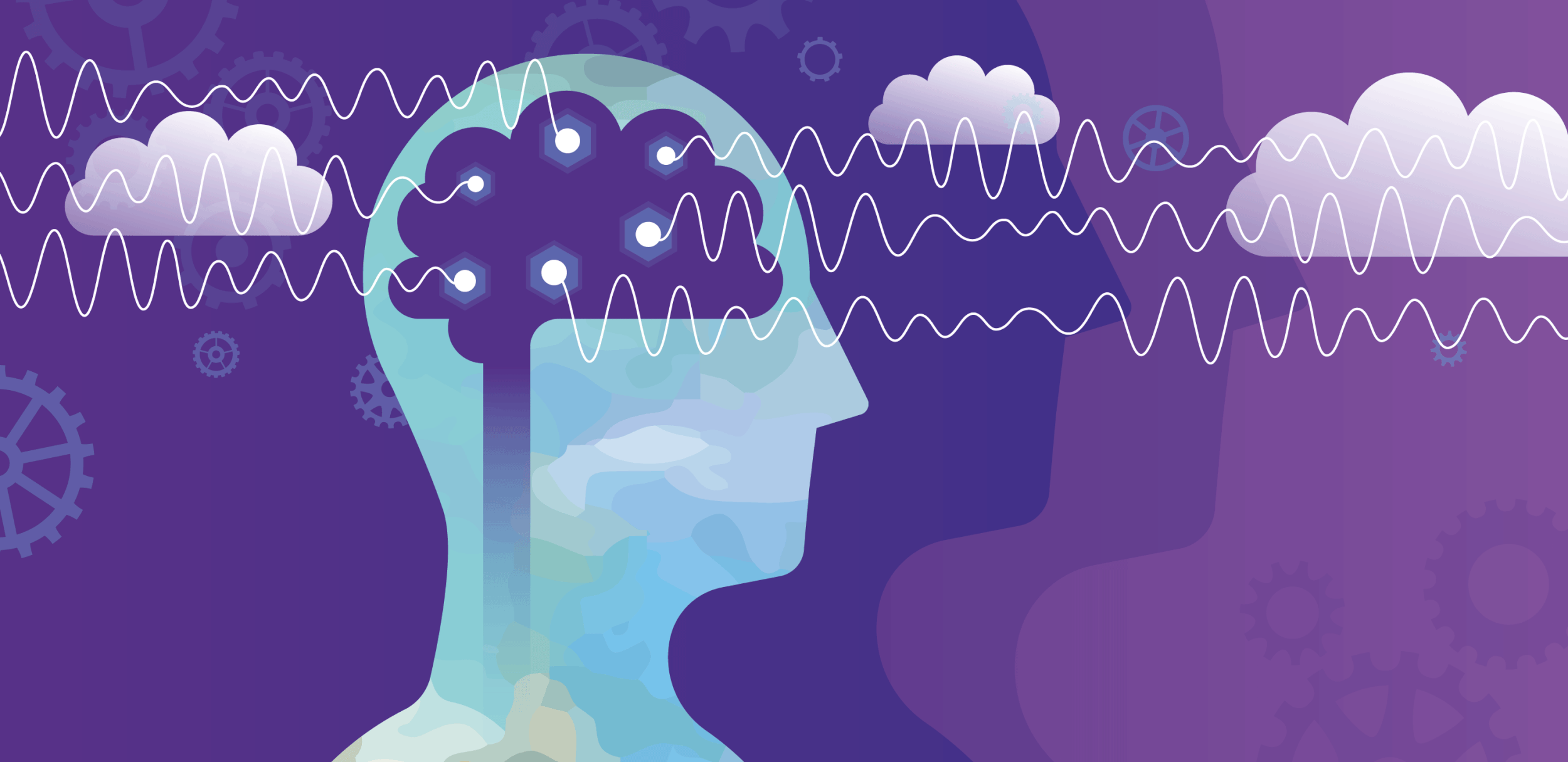
Anxiety and its Impact on Sleep
Understanding the Link Between Anxiety and Insomnia
Difficulty sleeping often goes hand-in-hand with stress and anxiety. Anxiety can significantly impact your sleep quality, leading to insomnia or disturbed sleep patterns. This creates a cycle where anxiety leads to sleep problems and then in return, lack of sleep exacerbates anxiety.
Addressing Anxiety
Do you have trouble concentrating? Do you have trouble turning your brain off? Perhaps, you are worrying too much? Everyone experiences anxiety at times. Anxiety is normal. It alerts us to danger to help us stay safe. It is a normal reaction to stress. However, sometimes, anxiety takes over and interferes with our daily lives and sleep. Anxiety includes difficulty controlling our worry, the dreaded “what ifs” and when you can’t turn your brain off. Sometimes anxiety can manifest in physical symptoms such as chest pain, nausea, sweating, heart racing and shortness of breath.
Often times, we feel powerless and not in control with our thoughts when it comes to anxiety. Anxiety can be downright draining. In therapy, we focus on understanding the thoughts, fears and worries you are experiencing and learn ways to recognize and address the anxiety before it escalates helping you find peace and a better night’s sleep.
Generalized Anxiety Disorder (GAD)
Everyone worries and feels anxious at times. GAD is when you are worrying constantly and cannot control the worry. This usually happens more days then not over at least a timeframe of 6 months. In addition to the worry though, other factors may occur like irritability, fatigue, restlessness, difficulty concentrating, difficulty sleeping and even physical symptoms as mentioned above.
Sports Performance Anxiety
Performance anxiety often extends beyond the sport into their sleep patterns. Performance anxiety is also common among athletes. Most athletes spend 100% on their practice of the physical aspect of the sport. But what about the mental and sleep game? Athletes can have worries or self doubt which then impact their performance. Taking time to work on your mental health and sleep game is a valuable tool to also help change thought patterns, improve motivation and focus, or visualize success. It’s important to take time to improve your mental and sleep fitness.
Perinatal Mood Anxiety Disorder (PMAD)
PMADs are a group of symptoms that effect women during pregnancy and postpartum period often affecting sleep. Mood can be depression, bipolar, or psychosis. Anxiety can be generalized anxiety disorder (GAD), panic, OCD or PTSD. Disorders mean it gets in the way of daily functioning. I specifically focus on sleep and anxiety of PMADs. By improving sleep, we aim to enhance daily functioning and overall mental health for expecting and new mothers.
Integrating Strategies for Sleep and Anxiety Management
Through therapy, you can learn skills that empower you to take control.
Mindfulness
With a few simple exercises, learn how to ground your thoughts in the present without judgement.
thought management
Learning ways to tackle cognitive distortions and learn to challenge and reframe negative thoughts.
Relaxation techniques
Learn PRM, breathing exercises and other techniques to help calm the mind and body from stress and anxiety.
Coaching
Will have a coach walking side-by-side with you teaching you strategies through Cognitive Behavioral Therapy (CBT), Dialectical Behavioral Therapy (DBT) and Acceptance and Commitment Therapy (ACT)).
Are you ready to start taking back control? If so, let's get started




